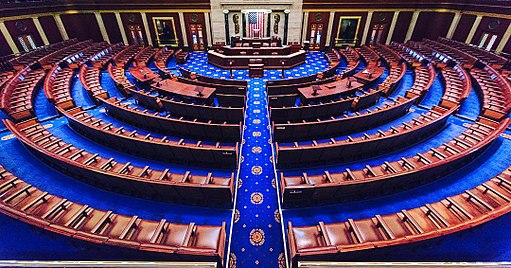
“The great rule of conduct for us, in regard to foreign nations,” George Washington wrote in his farewell address as first president of the United States, “is in extending our commercial relations, to have with them as little political connection as possible. … it is our true policy to steer clear of permanent alliances with any portion of the foreign world.”
Four years later, in his inaugural address as the country’s third president, Thomas Jefferson announced “peace, commerce, and honest friendship with all nations, entangling alliances with none” as an “essential principle” of his administration.
That was all a long time ago, and many things have changed.
Florida governor Ron DeSantis, who wants very badly to appear in history books alongside Washington and Jefferson, can’t seem to get his head around their best ideas.
He seems to think that being president involves “standing with” Israel, a Middle East ethno-religious garrison state that’s been known to spy on the US (see, for example, the case of Jonathan Pollard), kill US Navy personnel (34 of them aboard the USS Liberty in 1967), assassinate American journalists (like Al Jazeera reporter Shireen Abu Akleh, shot while covering an Israeli Defence Forces raid in the occupied West Bank ), murder American students (like Rachel Corrie, run over by an IDF bulldozer in Gaza while protesting the destruction of a Palestinian pharmacist’s home), and kill American civilian mariners (like Furkan Dogan, killed by IDF pirates on the high seas).
As a governor and as a presidential candidate, DeSantis can’t seem to make it for more than a few days at a time without pulling some kind of silly “stand with Israel” stunt.
Sometimes it’s signing legislation requiring all state contractors to swear a loyalty oath. Not to Florida or to the United States — to Israel.
Other times it’s lighting the state’s capitol building up in blue and white to show “solidarity” with Israel.
And always, always, ALWAYS it’s pledging bigger welfare checks, more military support, and undying loyalty if elected president.
Not loyalty to the United States, mind you, nor loyalty to American voters or American taxpayers. Loyalty to a foreign power — an overly demanding welfare queen of a foreign power, and arguably an openly hostile foreign power.
Nor is DeSantis alone in his weird obsession. These days, pretty much every major party presidential candidate makes at least one visit to Israel to promise unlimited American blood and treasure in support of its rulers’ interests, your interests be damned. And when those promises come back to bite us, they assure us that’s because Israel’s enemies “hate our freedom.”
Never mind all that Federal Election Commission business — where American presidential campaign are concerned, the Foreign Agents Registration Act seems more applicable.
Thomas L. Knapp (Twitter: @thomaslknapp) is director and senior news analyst at the William Lloyd Garrison Center for Libertarian Advocacy Journalism (thegarrisoncenter.org). He lives and works in north central Florida.
PUBLICATION/CITATION HISTORY


